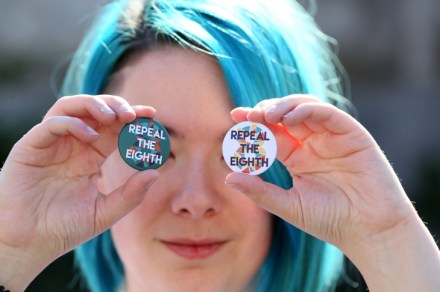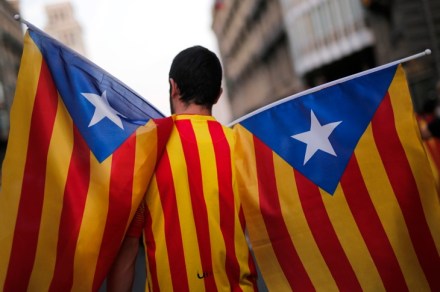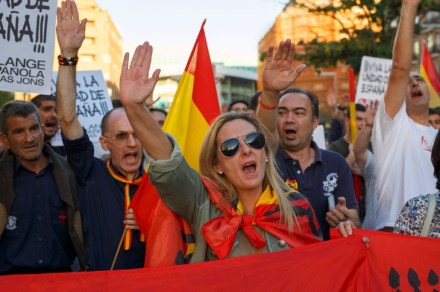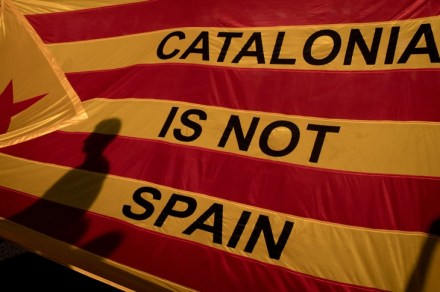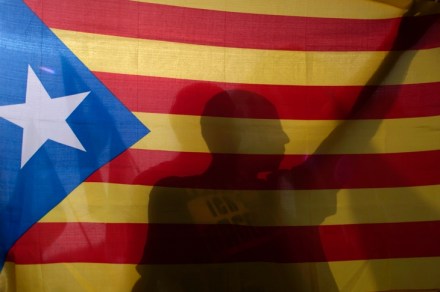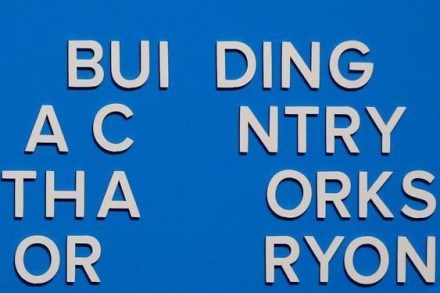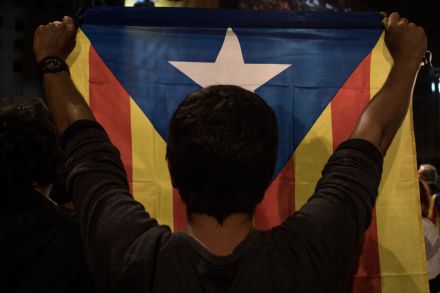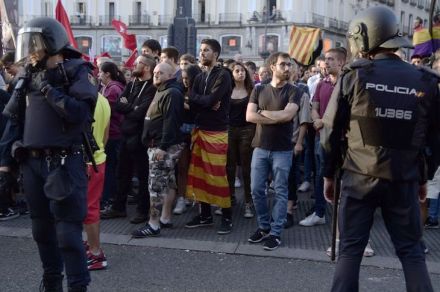Catalonia’s referendum was a coup shrouded in a cloak of democracy
The Catalan nationalists surely chose this October deliberately for their attempt, now faltering, at UDI. It is the centenary of the Bolshevik Revolution in Russia, and the separatist vanguard is the hard-left party, the CUP. Even more vivid in their minds will be Barcelona’s own ‘October Revolution’ of 1934. The then Catalan Nationalist leader, Luis Companys, announced that ‘The monarchical and Fascist powers which have been for some time attempting to betray the Republic have attained their object’ (by the entry of the Catholic party CEDA into the Spanish government). He accordingly proclaimed ‘the Catalan State of the federal Republic of Spain’ and called for a provisional government of all



